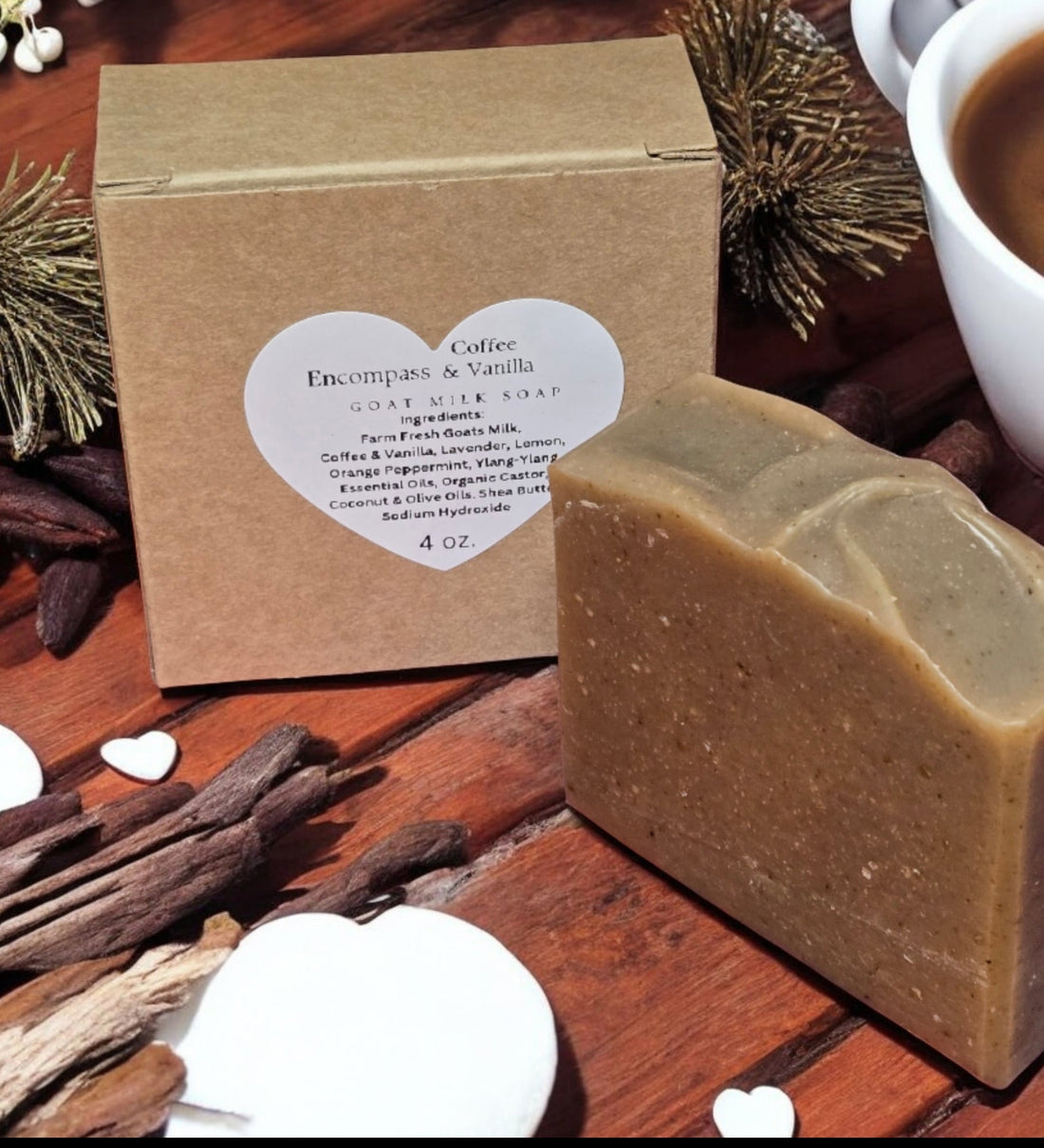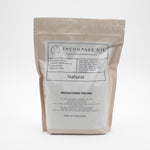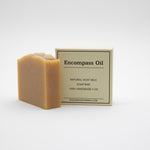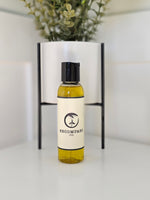
What Is Goat Milk Soap Good For? Benefits, Uses, and Tips
Share
In recent years, goat milk soap has become one of the most talked-about natural skincare options. Unlike commercial soaps made with harsh detergents, goat milk soap is crafted with nourishing oils and the goodness of fresh goat milk. This unique combination makes it gentle, hydrating, and versatile enough for a wide range of skin and household needs.
So, what exactly is goat milk soap good for? From moisturizing dry skin to soothing irritation, goat milk soap offers a surprising list of benefits. In this article, we’ll explore the science behind it, the practical uses, and why it continues to gain popularity in homes across the world.
How Goat Milk Soap Works: The Science in Simple Terms?
At its core, goat milk soap is created using the traditional cold-process method, where oils and an alkaline solution (lye) combine to form soap. In place of water, fresh goat milk is added, giving the soap its creamy texture and nutrient profile.
Goat milk contains:
-
Fatty acids and cholesterol that strengthen the skin barrier and reduce moisture loss.
-
Lactic acid, a natural alpha-hydroxy acid (AHA) that gently exfoliates dead skin cells.
-
Vitamins A, D, and B6 that support cell renewal and protect against dryness.
-
Minerals like selenium, which may help protect the skin against free radical damage.
Together, these elements make goat milk soap more than just a cleanser — it’s a nourishing treatment for the skin.
Primary Skin Benefits of Goat Milk Soap
Gentle Yet Effective Cleansing
Commercial soaps often strip away the skin’s natural oils, leaving it tight and dry. Goat milk soap, however, provides a mild cleanse while preserving the skin’s natural barrier. It’s especially helpful for people with sensitive or reactive skin who need a more delicate option.
Deep Hydration and Barrier Support
The fats in goat milk work hand in hand with nourishing oils like olive or coconut oil to keep skin hydrated. Instead of sitting on the surface, goat milk’s creamy texture penetrates the skin, leaving it feeling plump and replenished. This makes it a great choice for those struggling with dry patches, flakiness, or tightness.
Natural Exfoliation with Lactic Acid
Lactic acid, one of the star components of goat milk, gently loosens dead skin cells and encourages cell turnover. Unlike gritty scrubs, it smooths skin without causing microtears. Over time, this can improve dullness and uneven texture, leaving skin brighter and more radiant.
Soothing for Irritated or Inflamed Skin
Many people with eczema, psoriasis, or rosacea turn to goat milk soap because of its calming effect. Its combination of fats and lactic acid helps reduce redness and irritation, though it’s always wise to patch-test first and consult a dermatologist for persistent conditions.
Supporting the Skin Microbiome
Healthy skin is about balance — and goat milk soap helps maintain that. Unlike antibacterial soaps that disrupt the skin’s microbiome, goat milk soap cleanses without stripping away the beneficial bacteria that protect your skin naturally.
Potential Support for Acne-Prone Skin
Acne is complex, but goat milk soap may help by combining hydration with gentle exfoliation. By keeping pores clear without over-drying, it may reduce breakouts for some users. Of course, results vary, and it should be paired with other acne treatments if needed.
Antioxidant and Anti-Aging Support
Goat milk is rich in vitamins like A and selenium, which can help reduce free radical damage over time. Consistent use may improve skin elasticity and support a more youthful appearance.
Uses Beyond Face and Body
Goat milk soap isn’t limited to being a facial cleanser or shower bar — it has multiple uses that make it a household staple.
-
Hair and Scalp: Many people use goat milk soap as a natural shampoo alternative. It gently cleanses the scalp while helping reduce dryness and itchiness.
-
Shaving and Sensitive Areas: Its creamy lather makes it an excellent shaving soap, reducing razor burn and irritation.
-
Baby and Family Use: Parents often choose unscented goat milk soap for babies because it’s gentle and free of harsh chemicals. Always patch-test first.
-
Household Cleaning: Goat milk soap can be incorporated into laundry soaps or multi-purpose cleaners, especially for those with sensitive skin. Encompass Farming even offers a Goat Milk Laundry Cleaner as part of their lineup.
-
Pets: Some pet owners use goat milk soap for bathing dogs with sensitive skin, though essential oils should be used cautiously.
What to Look For When Buying Goat Milk Soap?
Not all goat milk soaps are the same. Here’s what to look for when choosing a bar:
-
Real goat milk: Avoid soaps that only use “goat milk fragrance.”
-
Natural oils: Ingredients like olive, coconut, shea butter, and castor oil add hydration and create a balanced bar.
-
Minimal synthetic additives: Steer clear of harsh detergents, dyes, or artificial fragrances.
-
Cold-process method: This preserves nutrients and results in a more nourishing bar.
-
Transparency: Small-batch producers like Encompass Farming list their full ingredient blends, so you know exactly what you’re putting on your skin.
How to Use Goat Milk Soap for Best Results?
Using goat milk soap is straightforward, but a few tips can make the most of it:
-
For the face, lather the soap in your hands and gently massage onto damp skin. Rinse with lukewarm water.
-
For the body, use a washcloth or loofah for extra exfoliation.
-
Store your bar in a draining soap dish to keep it from dissolving quickly.
-
If you have sensitive skin, start with unscented varieties.
-
For bug-repelling properties, some people enhance their soap with peppermint essential oil.
Evidence, Limitations, and When to See a Dermatologist
Scientific research on goat milk soap is still limited. While lactic acid and fatty acids are well-studied for their benefits, much of the evidence for conditions like eczema or acne comes from personal experiences rather than clinical trials.
If you have moderate to severe skin conditions, goat milk soap can be a helpful addition, but it shouldn’t replace professional treatment. Always seek guidance from a dermatologist for persistent concerns.
Why Choose Encompass Goat Milk Soap?
At Encompass Farming, we believe in crafting products that are as close to nature as possible. Our goat milk soap is handmade in small batches using fresh milk and a blend of natural oils like castor, coconut, olive, palm, and shea butter. Each bar is infused with an essential oil blend — lavender, lemon, orange, peppermint, and ylang-ylang — for a light, refreshing scent.
But Encompass isn’t just about soap. From nourishing Encompass Oil to moisturizing tallow balm and laundry solutions, we provide families with safe, natural alternatives for both skincare and home care.
When you choose Encompass, you’re not just buying a product — you’re investing in a holistic approach to healthier skin and a cleaner lifestyle.
Common Myths and Misconceptions
-
“Goat milk soap is only for eczema.” While many eczema sufferers use it, goat milk soap benefits all skin types.
-
“All goat milk soaps are the same.” Quality depends heavily on the oils used, milk content, and production process.
-
“It smells like goat’s milk.” Properly crafted goat milk soap has a mild, clean scent, often enhanced with essential oils.
Conclusion
So, what is goat milk soap good for? The answer: just about everything your skin needs. From gentle cleansing and hydration to soothing irritation and supporting overall skin health, goat milk soap is a natural alternative that’s stood the test of time.
Whether you’re looking for relief from dryness, a gentler product for your family, or a sustainable swap for your household routine, goat milk soap delivers. Explore the handcrafted collection from Encompass Farming to experience the difference nature makes.
FAQs
Is goat milk soap good for eczema?
Yes, many people with eczema find it soothing, though results vary. Always patch-test and consult a dermatologist for persistent symptoms.
Can I use goat milk soap on my face every day?
Absolutely. Its gentle cleansing and lactic acid make it suitable for daily use.
Does goat milk soap help acne?
It can help by keeping pores clear and maintaining hydration, but acne treatment often requires a multifaceted approach.
Will goat milk soap clog pores?
No — its balance of oils and lactic acid makes it non-comedogenic for most people.
How long does a bar of goat milk soap last?
On average, 3–4 weeks with daily use. Store it in a draining dish to extend its life.
Can I use goat milk soap on babies?
Yes, but choose unscented varieties and patch-test first.



